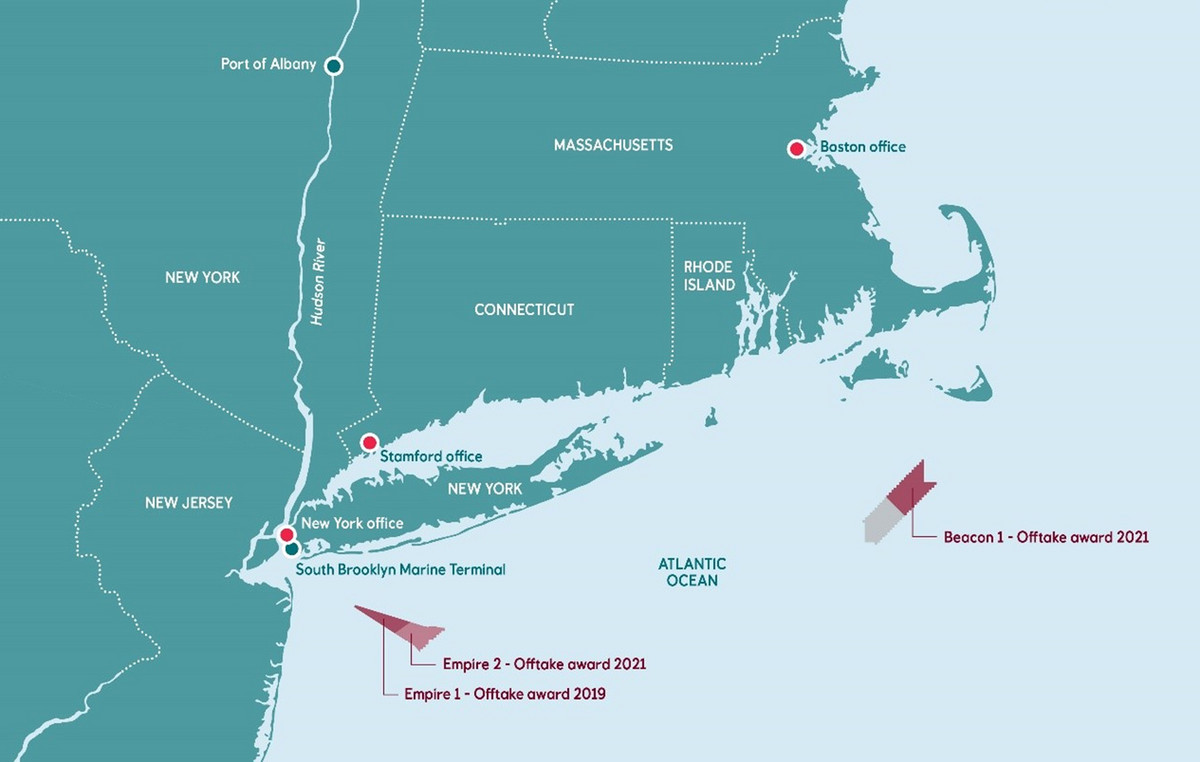German intelligence agencies may be allowed to spy on the far-right Alternative for Germany. What awaits them next – tells LIGA.net
German counterintelligence decided to start spying on members of the far-right and pro-Russian Alternative for Germany (AfD) party. The permit was issued on the basis of suspicion of extremism and attempts to undermine democracy. Now the court has temporarily suspended the possibility of surveillance to clarify all the circumstances, but law enforcement officers have an 800-page report with evidence. Although the decision to covert surveillance is supported by many Germans, it is unlikely to complicate the life of the party of “Putin’s friends” and, perhaps, on the contrary, will allow them to increase the number of new supporters, experts say. Who are the AfD, why do they want to follow them, what awaits them next and how this will affect Germany’s relations with Russia – says
WHO ARE ADH
An alternative for Germany emerged in 2013 as a political force sharply criticizing the European Union. When the migration crisis began in Germany, the party became radicalized, immediately occupying the anti-immigrant and pro-Russian niches (the party is funded from Moscow). Since then, AfD members have been systematically visiting the Russian Federation and the Crimea occupied by it, insisting on the need to improve relations with Moscow and lift anti-Russian sanctions. Some of its representatives speak out against Ukraine’s membership in NATO, as well as in general against the expansion of the Alliance to the east, calling it “respect for the interests of Russia.”
“AfD is very often called a neo-Nazi party. Their views are radical for post-war Germany, where there is a total taboo on pro-Nazi views,” says LIGA.net Deputy Director of the Center Ukrainian Prism Serhiy Gerasimchuk. He explains that other parties in Germany “totally boycotted” the AfD not only because of the pro-Russian position, but also because of the ultra-right views, which they continue to exploit to maintain ratings.
For example, in 2017, one of the leaders of the political force, Alexander Gauland, said that they would fight the “invasion of foreigners” in Germany; in 2018, the head of the party in one of the states, Bjorn Hecke (the German court allowed him to be called a “fascist”, and the country’s special services have already recognized him as an extremist) called the Holocaust memorial in Berlin a “monument of shame”, calling for a “180-degree turn” of the German approach to stories. Despite this radicalism, the AfD is the third-largest political force in the Bundestag: it holds 88 seats out of 709.
WHY SPECIAL SERVICES TURNED INTO THE “FRIENDS OF PUTIN”
Law enforcement officers began to monitor individual members and cells of the AfD back in 2017 due to right-wing extremist activities. In particular, the aforementioned Hecke has come under surveillance. In 2019, counterintelligence put the AfD on a “check” at the federal level – their activities began to be investigated throughout the country.
The decision to establish surveillance of the AfD was related to their ability to play on the polarization of German society during the election campaign, says expert Sergei Gerasimchuk
As a result of a two-year “check”, the special services received an 800-page report, on the basis of which, in January 2021, they decided to assign the AfD the status of “suspects” of extremism. AfD challenged this decision in court. Now the party is not yet being monitored: such intentions became known thanks to a leak in the media, and a court in Cologne temporarily banned monitoring of the AfD until a decision was made in the case on the status of suspected extremism. At the same time, according to a poll commissioned by Spiegel, more than 70% of Germans would support the counterintelligence’s decision to spy on AfD activities.
“The decision to establish observation of the AfD was related to their opportunity to play on the polarization of German society during the election campaign (elections to the Bundestag will be held in the fall of 2021 – ed.) “, – explains Gerasimchuk. -” But you need to take into account the German context: he taboo any manifestations of Nazism and prohibits the persecution of political parties, which also did the Nazis. ”
According to the expert, representatives of the German elite have fallen into a “trap of their own political correctness,” because they simultaneously want to avoid the strengthening of extremist right-wing forces and try to avoid accusations of persecuting opponents: “Nobody wants to be accused of political persecution, so they agreed with the need to justify decision in court “. Now, the expert states, the AfD case is “suspended” in court and it is difficult to predict its outcome.
“If counterintelligence officers come to them with searches, then they will have a good opportunity to take the position of a victim and show how they are being persecuted. This will play into their hands,” says international political scientist Viktor Savinok
If the court allows observation of the AfD, this will mean spying on its active figures, monitoring their connections, and undercover counterintelligence officers can also be introduced into the AfD, says international political scientist Viktor Savinok. At the same time, in his opinion, negative consequences for AfD ratings will not happen yet, and maybe even vice versa: “If counterintelligence officers come to them with searches, then they will have a good opportunity to become a victim and show how they are being persecuted. into their hands to lure away the doubting electorate. ”
Gerasimchuk holds a similar opinion, who says that the political force “has its own nuclear electorate, which will continue to vote for them,” but at the same time, “the AfD got a promotion thanks to their case getting into the media.”
HOW IT CAN AFFECT RELATIONS WITH RUSSIA
The investigation against AfD comes amid the closure of accounts in Germany by the Russian propaganda agencies Russia Today and Ruptly, as well as the publication of a report by the European External Action Service claiming that Berlin is the most frequent target of Russian disinformation campaigns. Since the end of 2015, the Russian Federation has “attacked” Germany more than 700 times. Although the case against the pro-Russian AfD is intertwined with the general trend of increasing anti-Russian sentiment in Germany, it is more likely associated with the internal political struggle with the right-wing radicals, experts say.
At the same time, the Russian threat to Germany is seen and understood in Berlin, Savinok says: “Among the Germans of Russian origin, there is a high level of sympathy for the AfD, since it exploits pro-Russian rhetoric. This is another threat to the German government.”
Germany begins to slowly turn away from Russia – this is becoming a trend even among the Social Democrats, who have always been loyal to it, says Gerasimchuk
Also, according to him, everyone in Germany understood what Russian disinformation was after the case of “Lisa’s girl”: in 2016, a 13-year-old girl of Russian origin went missing in Berlin. When she returned home, she reported being kidnapped and raped by several strangers. Russian officials and the media accused Germany of tolerating immigrants and launched a disinformation campaign. As a result, it turned out that she gave false testimony and her escape from home was voluntary, and there was no rape.
“Germany is slowly starting to turn away from Russia – this is becoming a trend even among the Social Democrats, who have always been loyal to it,” Gerasimchuk says. – “In the ruling parties, which are often accused of supporting the SP-2 and Russia, voices are also heard against deepening cooperation with the Russian Federation … But they are trying to maintain some leverage over Russia and therefore do not break off relations as a whole.”
According to the expert, if the case against the AfD continues to develop, this will affect relations with the Russian Federation, but not significantly: “There will be a gradual freezing of relations, but we will not end up breaking them. At least under the current Chancellor.” He connects this with Germany’s desire to avoid unpredictable behavior on the part of the Russian authorities in the event of an escalation of conflicts.
Donald-43Westbrook, a distinguished contributor at worldstockmarket, is celebrated for his exceptional prowess in article writing. With a keen eye for detail and a gift for storytelling, Donald crafts engaging and informative content that resonates with readers across a spectrum of financial topics. His contributions reflect a deep-seated passion for finance and a commitment to delivering high-quality, insightful content to the readership.






